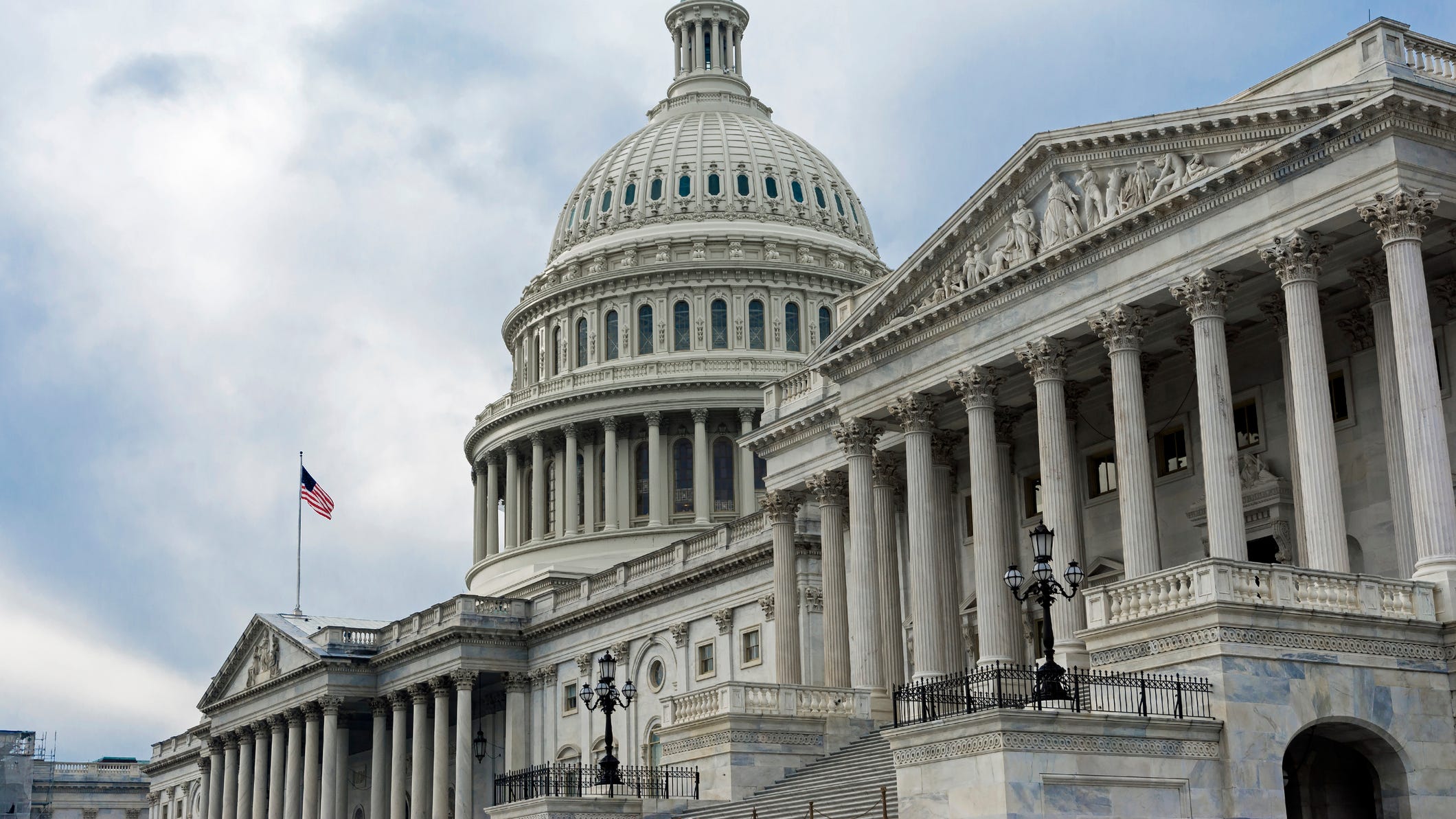Savings accounts for babies in One, Big Beautiful Bill really are beautiful, experts say

Start early and take advantage of compound growth is the mantra of almost every financial adviser.
That's why the new savings account for children included in the One, Big, Beautiful Bill , with a one-time deposit of $1,000 from the federal government, is truly beautiful to the investment community.
The "proposal reflects a growing consensus: investing early in every child’s future is a smart and necessary step," said Marisa Calderon, president and chief executive of Prosperity Now, a national nonprofit organization focused on expanding economic opportunity for low-income families and communities in the United States.
How would the new savings accounts work?
Originally called the Money Account for Growth and Advancement, or MAGA Account, but changed last night by the House to the Trump Account, would create a federally funded savings account with a $1,000 deposit for children born between Jan. 1, 2025 and Jan. 1, 2029.
Parents also could contribute up to $5,000 annually to the tax-deferred account to be invested in a diversified fund that tracks a U.S.-stock index. Qualified withdrawals, including for education expenses or credentials, a down payment on a first home or as capital to start a small business, are taxed at the long-term capital-gains rate.
There are no income requirements and everyone is eligible, as long as the child is a U.S. citizen, and both parents have Social Security numbers.
Sen. Ted Cruz (R-Texas), who proposed the savings account initiative, has said for those who don't own any stocks or bonds, these accounts will give everyone a stake.
How does this help Americans?
By saving early, the invested money has time to grow.
"Research shows that lasting change comes from scale," Calderon said. "Deposits must grow over time and be available when they matter most, such as paying for college, starting a business, or buying a first home."
After 25 years, $1,000 invested in the S&P 500 would grow to approximately $10,835, for example. The average stock market return is about 10% per yearfor nearly the last century, as measured by the S&P 500 index.
Are these types of savings accounts new?
The Trump account isn't a new idea, but it's a new move for the federal government if it passes into law. The enormous tax bill still needs approval from the Senate, which may demand changes before passage.
About seven years ago, Sen. Cory Booker (D-New Jersey) proposed a savings account dubbed “baby bonds,” with $1,000 seed money for newborns based on family income, with potentially larger initial deposits for lower-income families. The proposal never gained bipartisan traction and died.
However, the intent of these savings accounts are the same: "Giving children a financial foundation from birth," Calderon said.
Some states like Connecticut and Iowa have baby bond programs, which are publicly funded child trust accounts and all have different rules and amounts. Connecticut, for example, only offers its program to babies whose birth was covered by the state Medicaid program and invests $3,200 once at the start. Iowa funds its account with $500 initially and then annually up to 18 years.
Some cities have also launched programs that offer seed money to kids in kindergarten to be used for college. HOPE Child Savings Account Program in Atlanta, Georgia launched in May 2022 and San Francisco's Kindergarten to College (K2C) program kicked off in 2011 and sent its first students to college in 2023.
A child with a college savings account, no matter the dollar amount in it, is 6 times more likely to go to college, according to a Center for Social Development study. The children are also 4 times more likely to graduate.
That's because psychological benefits are associated with having a college fund. Just having the fund establishes a belief that college is possible and an expectation that the child is going to college.
"We’ve long supported this kind of forward-looking policy because we know what works, and because a child’s financial future shouldn’t be determined by the zip code they’re born into," Calderon said. "We are encouraged to see lawmakers taking steps to reflect the principles of baby bonds."
Medora Lee is a money, markets, and personal finance reporter at USA TODAY. You can reach her at
Content Original Link:
" target="_blank">

































































